Please create a free account, or login by clicking here.
Petland Lancaster, Ohio
 Adopted
Adopted
Status
Adopted
Reference ID
3122
Birth Date
02-01-2023
Gender
Female
Color
Mahogany / White
Please fill out our contact form below.
"*" indicates required fields

Bred for rescue, this huge working dog is a hero dog both in Switzerland and Italy. The Saint Bernard earned its fame due to its large size and through tales of its rescues. Discover more about our Saint Bernard puppies for sale below!
Breed History
The Saint Bernard breed originates from Switzerland. Native dogs of the Alps were crossed with Mastiffs to create the Saint Bernard. Then they were called the Alpine Cattle Dog. The Saint Bernard was named after Arch deacon Bernard who founded his hospice at a pass which was also named after him.
The hospice made it easier for people to cross the pass and the Saint Bernard dogs were used by monks to protect the grounds. The location of the monastery built the dogs into a breed that can survive in the cold. When the Saint Bernard became popular in other countries, their type began to change.
Crossbreeding made them taller and thinner. While some of these dogs are still at the hospice in Switzerland, they are no longer used to aid monks at the pass. They are now a reminder of the hospice history.
Temperament
Saint Bernard’s heart is as huge as it is. Despite its big size, it is a sweet, patient and gentle dog breed. They love adults and children alike. The only threat they pose to little kids is knocking them over or involuntarily stepping on them. The Saint Bernard is sweet and affectionate. Socialization from an early age is important to expose them to new people, animals, and new environments.
Environment
Saint Bernard is best kept indoors. They are prone to heat strokes so keeping them outside permanently would be bad for them. They are also companion animals and they thrive when living close to people. Though they are big dogs, when trained they can live inside a house without destroying any properties. It is important that they are taken outside at least once a day to exercise.
Exercise
Though Saint Bernard doesn’t need too much exercise, it is necessary that they get enough to prevent obesity. They are big dogs and carrying extra weight can affect their joints, leading to arthritis. At least 30 minutes of exercise daily is enough for the breed. Note that this breed is prone to heatstroke so exercises are best done at night. If you want to take it on a walk during the day, ensure it’s a short walk and take some water along. Also, pay attention to it for any signs of exhaustion.
Grooming
Regular grooming is important to keep a Saint Bernard healthy. Brushing is required two to three times a week. If your dog grows mats on its thighs or ears, apply a detangler solution to straighten out the mat. Baths should be carried out monthly and outdoors because of their size. During the winter, it is best to bathe them indoors. Their teeth should be brushed at least twice a week and their nails should be trimmed monthly. It is also important that you clean their ears weekly.
Our Saint Bernard puppies for sale come from either USDA licensed commercial breeders or hobby breeders with no more than 5 breeding mothers. USDA licensed commercial breeders account for less than 20% of all breeders in the country.
The unregulated breeders who are selling outside of the USDA regulations and without a license are what we consider to be “Puppy Mills.” We are committed to offering Saint Bernard puppies who will grow up to become important members of your family. We only purchase puppies from the very best sources, and we stand behind every puppy we sell.
Contact us today to learn more about the availability of our Saint Bernard puppies for sale. We look forward to helping you find your next family member. Our pet counselors can answer any questions you have about our Saint Bernard puppies.
Top Ten Frequently Asked Questions about the Saint Bernard
Are Saint Bernards easy to train?
Yes, they are easy to train. Saint Bernards are gentle and obedient dogs that are always eager to please their owners.
Are Saint Bernards good with children?
The Saint Bernard loves everyone, both children and adults. They are especially affectionate towards the children they live with.
What is Saint Bernards life expectancy?
The average lifespan of a Saint Bernard is 8 to 10 years – although some might live longer.
Do Saint Bernards have common health problems?
Dogs of this breed may sometimes be susceptible to hip dysplasia, elbow dysplasia, epilepsy, cataracts, allergies, and GDV. Generally, they are a sturdy breed with little health issues.
What is the average size of a Saint Bernard?
The average Saint Bernard is 30 inches tall and weighs 180 pounds.
Are Saint Bernards aggressive?
Saint Bernards are very gentle and calm dogs. Early socialization can prevent aggressiveness in the future.
Are Saint Bernards loud dogs?
No. Dogs of this breed hardly bark without a cause.
How intelligent are Saint Bernards?
Saint Bernards are not the most intelligent dogs. They often take longer than most dogs to mature mentally.
Are Saint Bernards tidy dogs?
Saint Bernards drool and shed heavily. They also tend to knock things over due to their large size.
Can Saint Bernards cohabit with other pets?
Yes, Saint Bernards are very open to living with other pets, especially if they’ve lived with pets from puppyhood. It is important though to keep an eye on them when kept with smaller pets to ensure they don’t accidentally knock them over or step on them.
If you want a versatile, fun and affectionate dog, the Saint Bernard is the best dog breed for you!



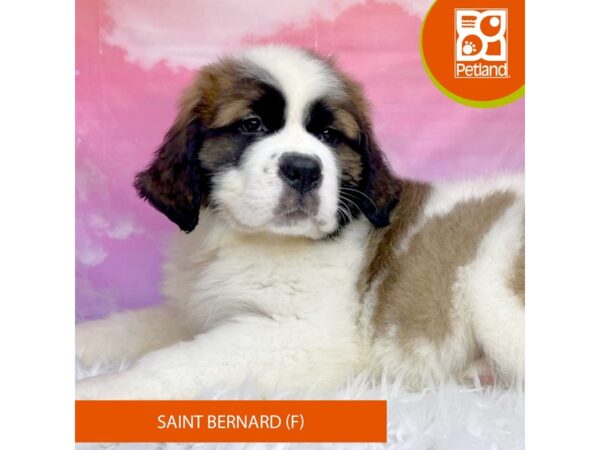

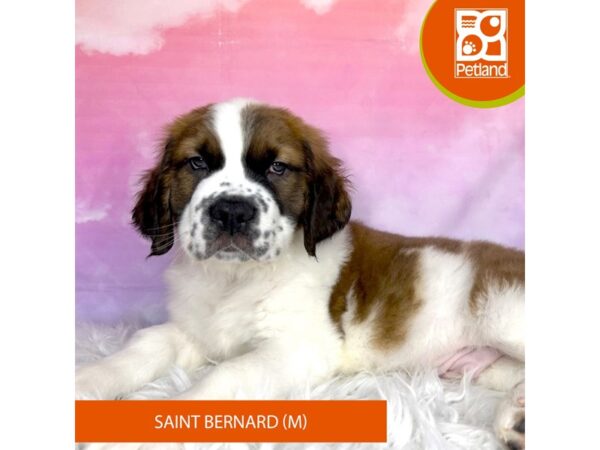

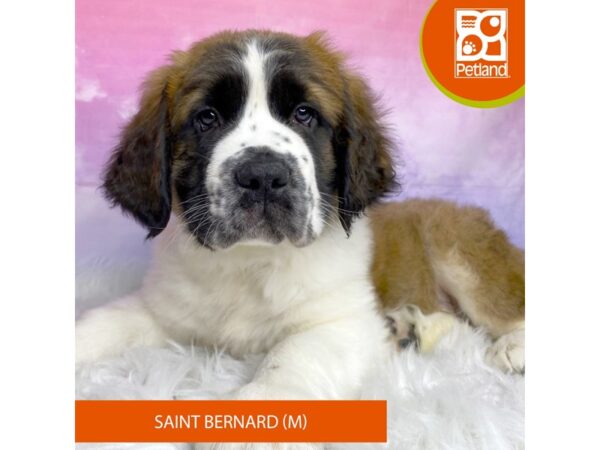




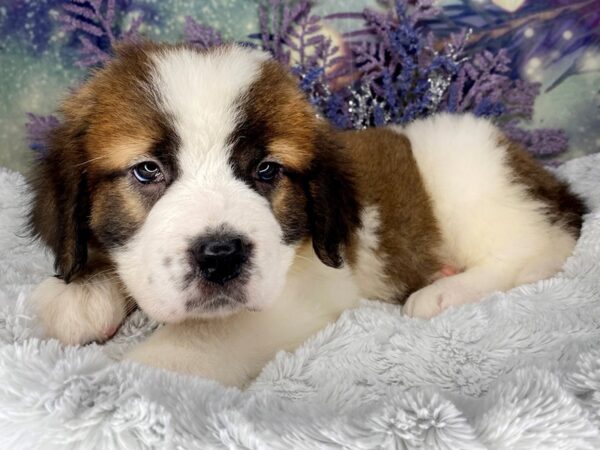







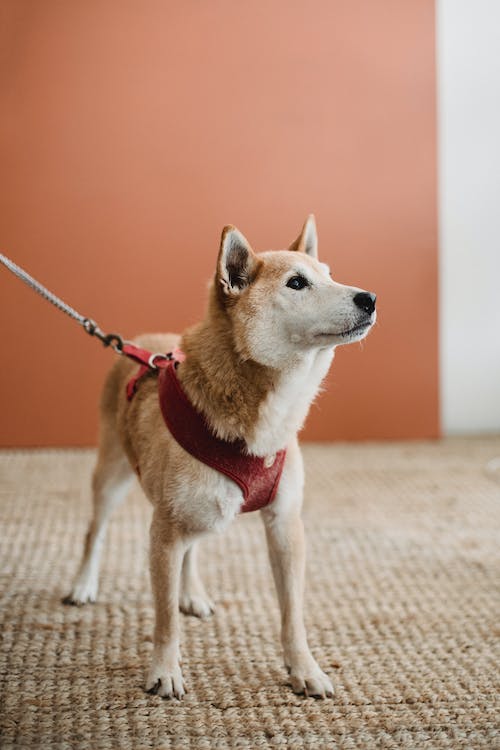
What Is a Dog Harness? A dog harness is a type of equipment designed to secure and control a dog during walks or other activities. Unlike traditional collars, which put pressure...

Dogs possess an extraordinary sense of hearing, which allows them to detect and interpret sounds far beyond human capabilities. Their acute auditory system is finely tuned to pe...

Service dogs are well-trained professional dogs that help to those who need them. Each service dog has a specific set of skills that require training and testing to master. Serv...

Are you considering adding a fur-legged friend to your family? If so, this blog is for you. We have handpicked our Top-5 dog breeds based on their personality, temperament, and ...

Choosing a name for your new furry friend is an exciting and important decision. It sets the tone for their identity and becomes a part of their everyday life. With so many opti...

With winter here, it is important to take extra care of our furry friends. Dogs, just like humans, can be susceptible to the cold weather and may require additional measures to ...
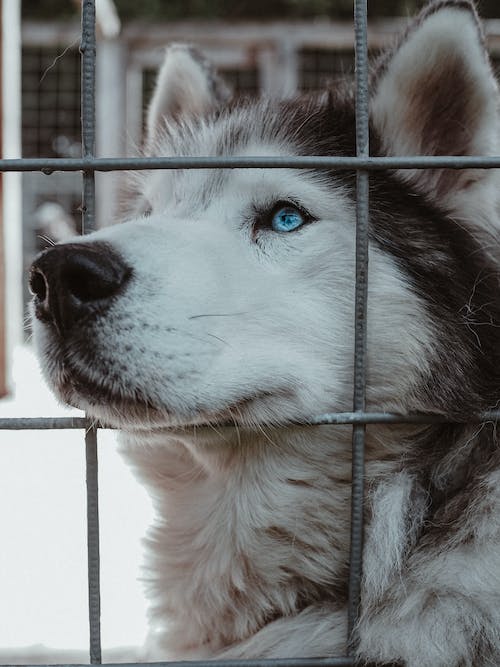
Crate training is a popular method used by dog owners to train their furry friends. It involves using a crate or kennel as a safe and comfortable space for the dog to rest, slee...

Dogs are known for their playful and active nature, which often leads to accidents and injuries. One common injury that dog owners may encounter is a bleeding nail bed. A bleedi...
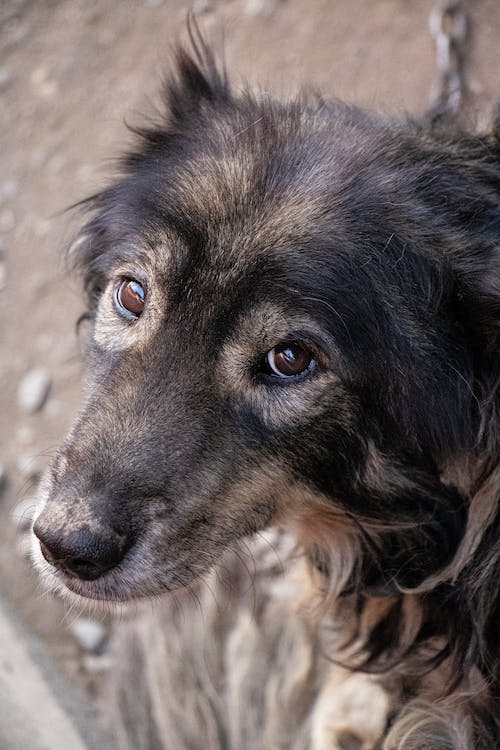
The average life expectancy of a dog varies based on several things. Keeping a proper diet, maintaining a healthy weight, and routine veterinarian wellness checks are all very i...

Halloween is a time of year when people get to dress up in creative and fun costumes, but it’s not just humans who can get in on the fun. Dogs can also join in the Hallowe...
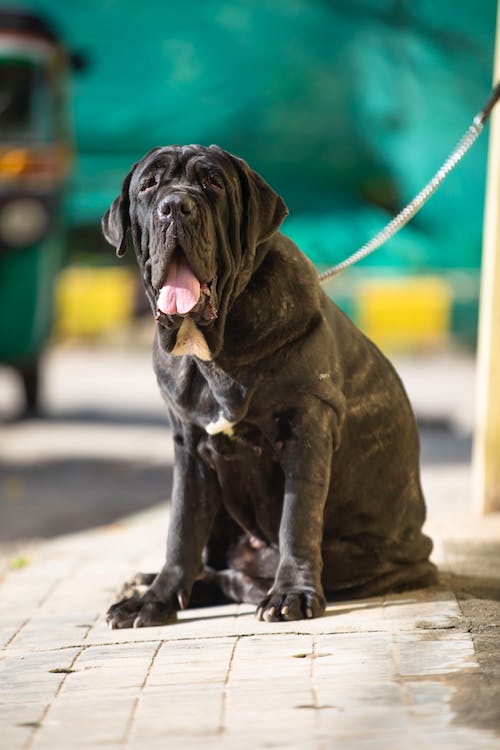
Despite their intimidating appearance, larger dog breeds are generally well-tempered, caring, and friendly animals! Throughout history, many of these dogs have been relied on fo...

Dogs make great companions and quickly become a part of our family. They offer us years of joy and happiness and provide us with a lot of good. Each breed of dog varies and has ...
"*" indicates required fields
CCC is a nationwide certification program which establishes rigorous standards for breeders. The CCC’s audit guidelines are the first to comprehensively focus on behavior and physical health of dogs.
Source: vet.purdue.edu/ccc/consumers.php